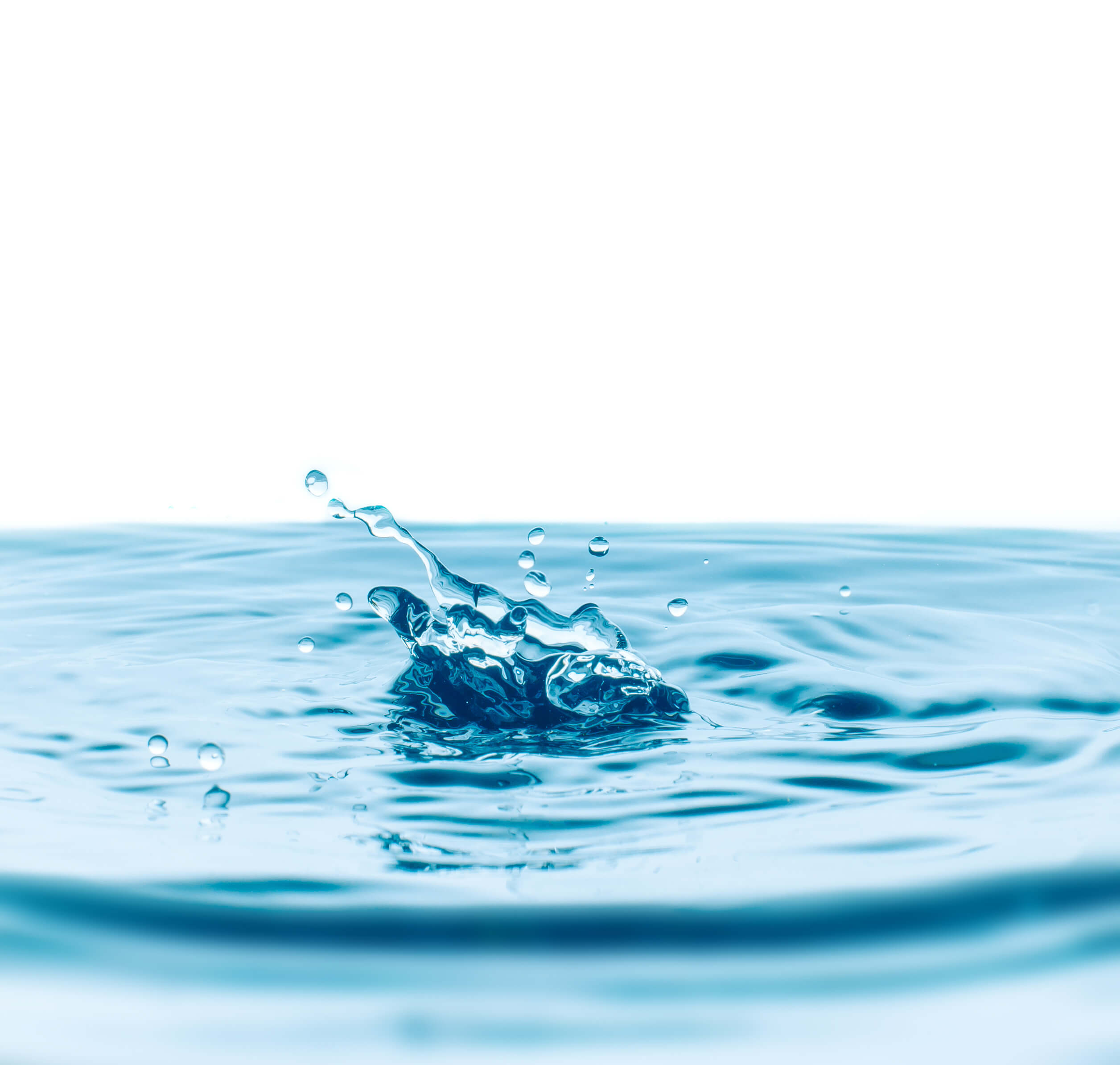
Why Hydration Is Your Ultimate Energy Booster
Water is the essence of life. Our bodies are made up of about 70% water. Without sufficient fluid intake, vital functions in your body cannot operate optimally. But why exactly is hydration so crucial, and what effects does a lack of water have on our bodies?
In today’s blog post, we’ll look at another foundational element if you want to live a long and healthy life: hydrating your body – your ultimate energy booster.
The Importance of Water for the Body
Water performs numerous essential functions:
- Regulation of body temperature: Through sweating, water ensures effective cooling of the body. At the same time, body fat is burned. Water and carbon dioxide are the two end products of fat metabolism.
- Transport of nutrients: Water helps deliver nutrients to the cells and remove waste. In the first step, nutrients are distributed through the blood. Your blood consists of about 55% plasma, which is around 91% water. You can imagine what water deficiency can lead to.
- Support of brain function: Even mild dehydration can impair concentration and mental performance. Headaches are often a sign that your brain is simply lacking water.
- Lubrication of joints: Water is an important component of synovial fluid and prevents joint wear. This is especially true for the spinal discs, which absorb fluid overnight. Sitting or one-sided movement, however, pushes this fluid out of the discs.
Signs of Dehydration
Often, we only notice too late that our body is dehydrated. Possible signs include:
- Dry mouth and chapped lips
- Fatigue and lack of concentration
- Headaches and dizziness
- Dark urine and infrequent urination
How Much Water Does the Body Need?
The general recommendation is 0.03 liters of water per kilogram of body weight, and at least 1.5 to 2 liters per day, depending on age, weight, and activity level. Athletes or people who sweat a lot should drink more. Nutrition also plays a role: foods like cucumbers, watermelon, and oranges contain a lot of water and contribute to hydration. On the other hand, some foods are dehydrating, such as:
- Coffee and caffeinated drinks: Caffeine is diuretic and can reduce fluid absorption.
- Alcohol: It draws water from the body and can lead to dehydration.
- Highly processed foods: Chips, ready meals, and fast food often contain a lot of salt, which negatively affects the water balance.
- Sugary drinks and foods: High sugar levels increase fluid excretion via the kidneys.
- Excessive protein intake: A very high protein diet increases water requirements as more water is needed for metabolism.
Bio-Hack Your Hydration
In general, you must balance your fluid intake. If you consume dehydrating foods or drinks, you need to compensate for that fluid loss. That’s why, in Mediterranean countries, a glass of water is typically served with coffee.
As a formula, the optimal daily hydration amount is:
Daily Water Intake = Base (1.5–2 liters) + (Sum of dehydrating intakes Mi × compensation factor Di)
Example Calculation
Let’s say you choose 1.5 liters as your base and you drink:
- 2 cups of coffee (MKaffee = 2)
- Each cup requires 0.2 liters of extra water (DKaffee = 0.2)
Total hydration = 1.5 L (base) + (2 × 0.2 L) = 1.5 L + 0.4 L = 1.9 L
Water Quality: Why Pure Water Is So Important
Not all water is the same – quality plays a crucial role in our health.
- Why should water be purified (filtered)? Filtered water is free of harmful substances like chlorine, heavy metals, and microplastics, which can negatively affect our health.
- Why should water be energized/structured? Energized or structured water has a hexagonal arrangement of its molecules, which is more natural and bioavailable. In its natural, powerful structure, water can be better absorbed by the body and leads to greater vitality and improved cellular uptake.
- Why should water contain minerals (electrolytes)? Minerals like magnesium, calcium, potassium, sodium, and zinc are essential for many bodily functions. They support hydration, muscle function, and the nervous system. Electrolytes also regulate the osmotic pressure in cells and help prevent dehydration.
- Calcium is important for strong bones and teeth.
- Magnesium supports muscles and the nervous system.
- Potassium benefits heart health.
- Sodium regulates the water balance.
However, the mineral content of drinking water should remain within a balanced range (guideline: 20 µS – 100 µS) to ensure it’s not overly saturated and can still carry nutrients and metabolic waste. Additional mineral needs should preferably be met through diet.
- Why should water carry light information? Water can store light frequencies that positively affect biological processes in the body. An example of this is so-called healing waters, like the water from Lourdes.
Tips for Better Hydration
- Drink small amounts of (quality) water regularly throughout the day.
- Include water-rich foods in your diet.
- Use a hydration app or place a water bottle on your desk as a reminder.
- Avoid excessive consumption of coffee, alcohol, and processed foods, as they can be dehydrating.
Conclusion
Water is an essential component of our lives and has a profound impact on our health and performance. Conscious hydration can help prevent fatigue, headaches, and concentration problems. So: Fill your glass and drink up!
Stay hydrated and healthy!
Guest post by Robert Krahl, www.body-hack.com
